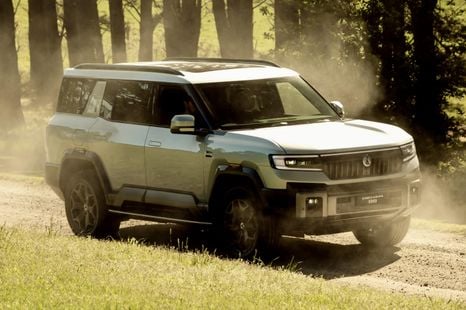

Max Davies
2026 Denza B8 review
5 Hours Ago
Stellantis plans to partner with metal recycling firm Galloo to recycle end-of-life vehicles in a push to grow the circular economy and access precious materials.

Contributor
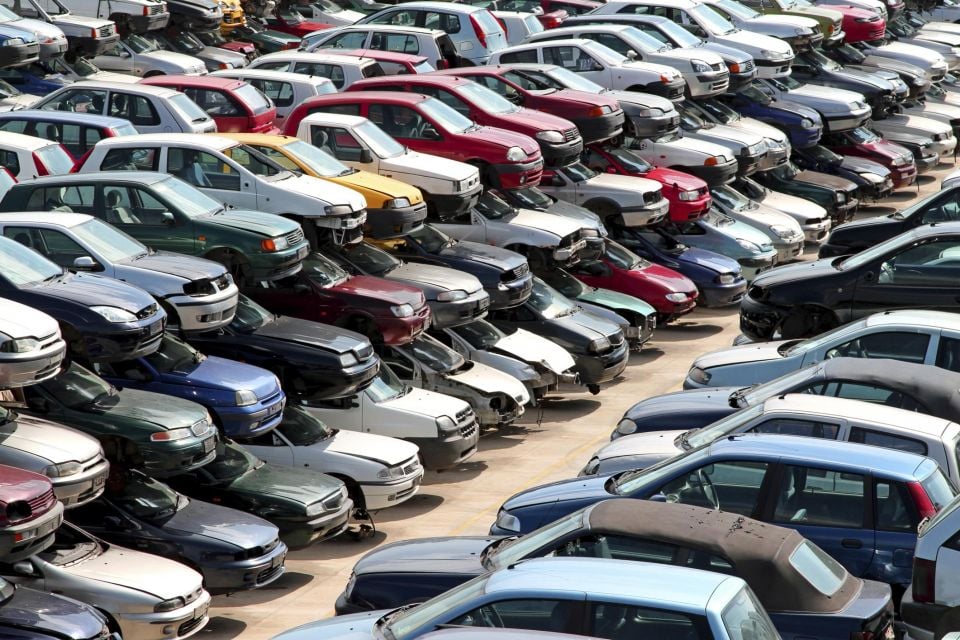

Contributor
Stellantis is expanding its partnership with metal recycling company Galloo to focus on expanding its circular economy and increasing its revenues in this space, while also securing supply of key materials.
The automaker aims to generate more than €2 billion (AU$3.23 billion) from recycling and parts revenue in 2030.
The two companies have signed a Memorandum of Understanding and will enter into negotiations regarding Stellantis’ use of Galloo’s extensive mixed material recycling processes to expand its end-of-life vehicle (ELV) recycling capabilities.
Expanding Stellantis’ circular economy will involve collecting ELVs from the final owner for recovery of parts to be used in remanufacturing or to be recycled.
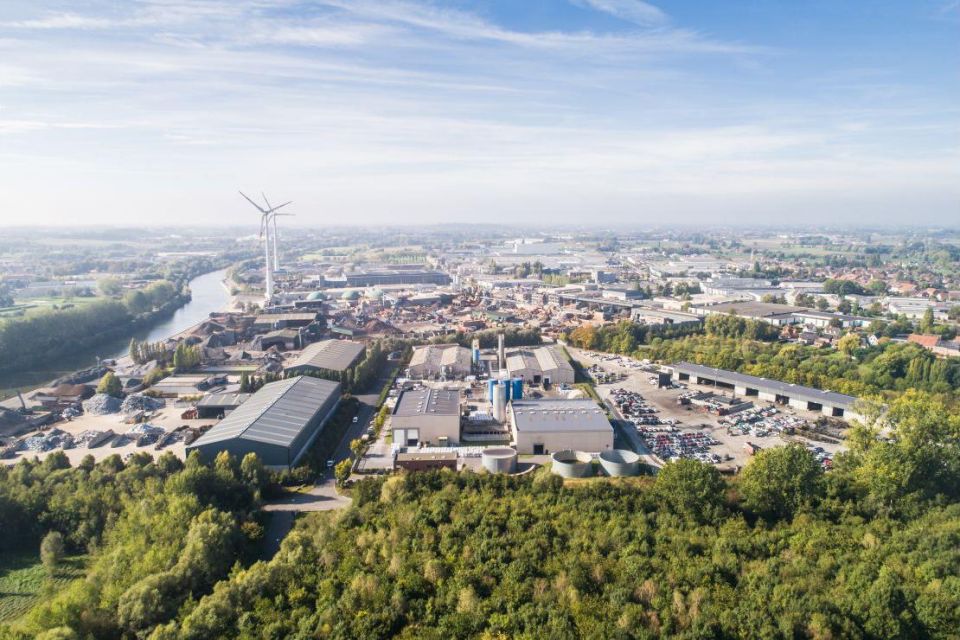
The partnership, which originally began between Galloo and Stellantis brands Peugeot and Citroen, will now service the entire parent company.
Stellantis has confirmed that it will also offer its ELV recycling services to other interested automakers once operational.
The joint venture is still subject to closing legal steps and regulatory approval but is expected to begin servicing European customers at the end of 2023, beginning with France, Belgium and Luxembourg.
Expansion across Europe and the UK is expected to follow shortly after.
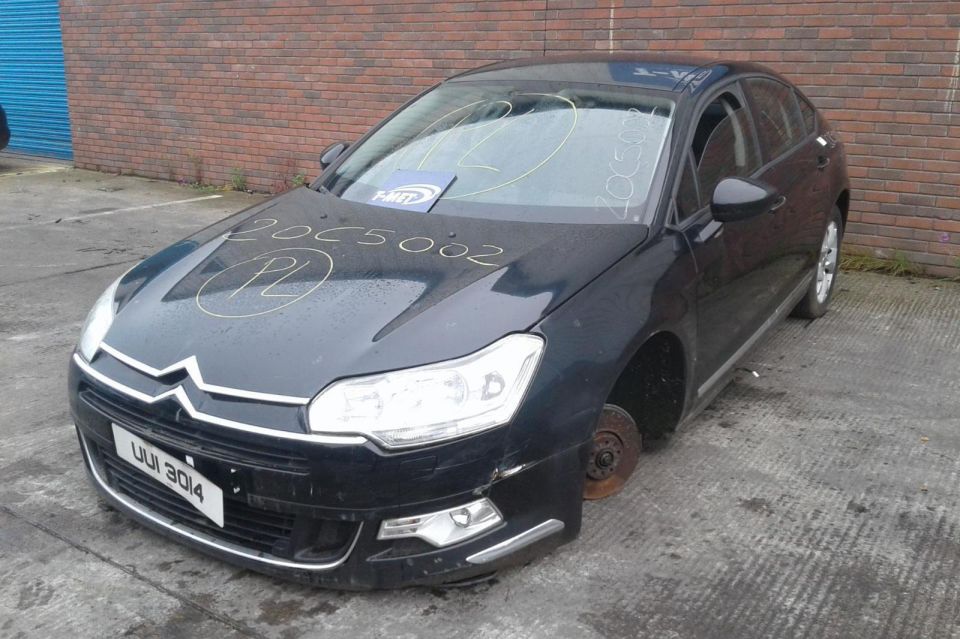
Stellantis hasn’t commented on the possibility of a similar program launching in its overseas markets such as Australia and the U.S., only saying that it will “quickly expand”.
“Making it easy for customers to recycle their End-of-Life Vehicles is a crucial element to reduce the environmental impact of our vehicles,” said Stellantis’ Senior Vice President for Global Circular Economy, Alison Jones.
As well as pushing Stellantis towards its goal of becoming a carbon net zero company by 2038, the program will help keep valuable parts and resources within the company’s value chain.
“If we can be in that value chain, it is of value to Stellantis. It also gives us access to ensure if materials become scarce, we are in that value chain; steel, aluminium, also copper, and other rare materials in batteries,” Ms Jones told AutoExpress.
“We need to be in that value chain to ensure we can source that scarce material.”
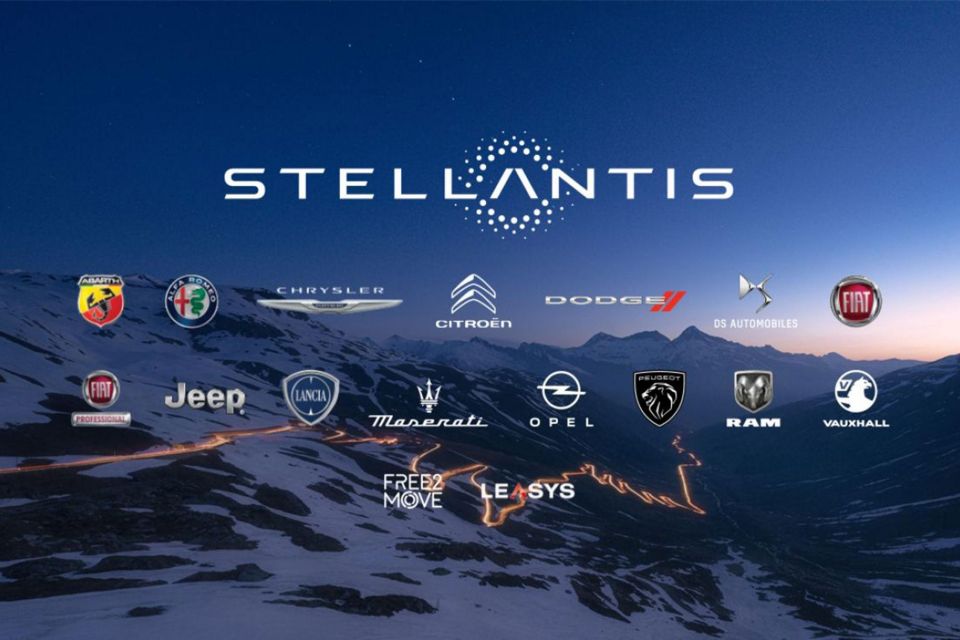
Ms Jones also explained that existing and imminent regulation across the world regarding the need for automakers to address the vehicle lifecycle has contributed to the partnership.
Stellantis has set the target of 40 per cent of all materials to be ‘green’ in new vehicles by 2030, which will be supported by the increased access to raw materials thanks to shredding treatment and post-treatment processes provided by Galloo.
The automaker claims the program will also bolster its financial performance in the sector, increase recycling revenues 10-fold and parts revenues four-fold by 2030 compared to 2021.
The parent company to brands such as Alfa Romeo, Fiat, and Jeep has predicted its net revenues will double by 2030 to over €300 billion (AU$485.5 billion) by 2030 thanks to the Dare Forward 2030 plan.


Max Davies
5 Hours Ago


Max Davies
5 Hours Ago
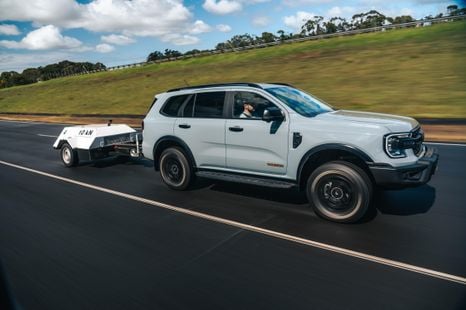

William Stopford
21 Hours Ago


William Stopford
21 Hours Ago
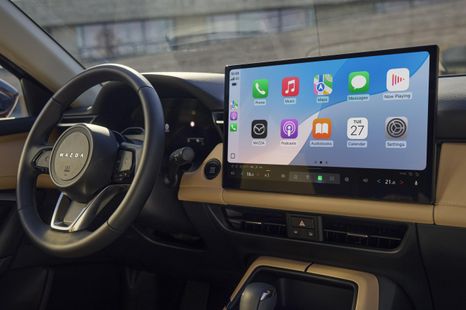

Derek Fung
21 Hours Ago
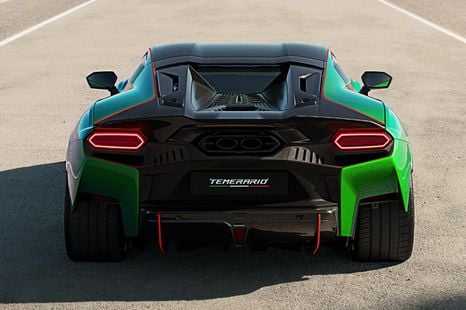

Anthony Crawford
21 Hours Ago
Add CarExpert as a Preferred Source on Google so your search results prioritise writing by actual experts, not AI.